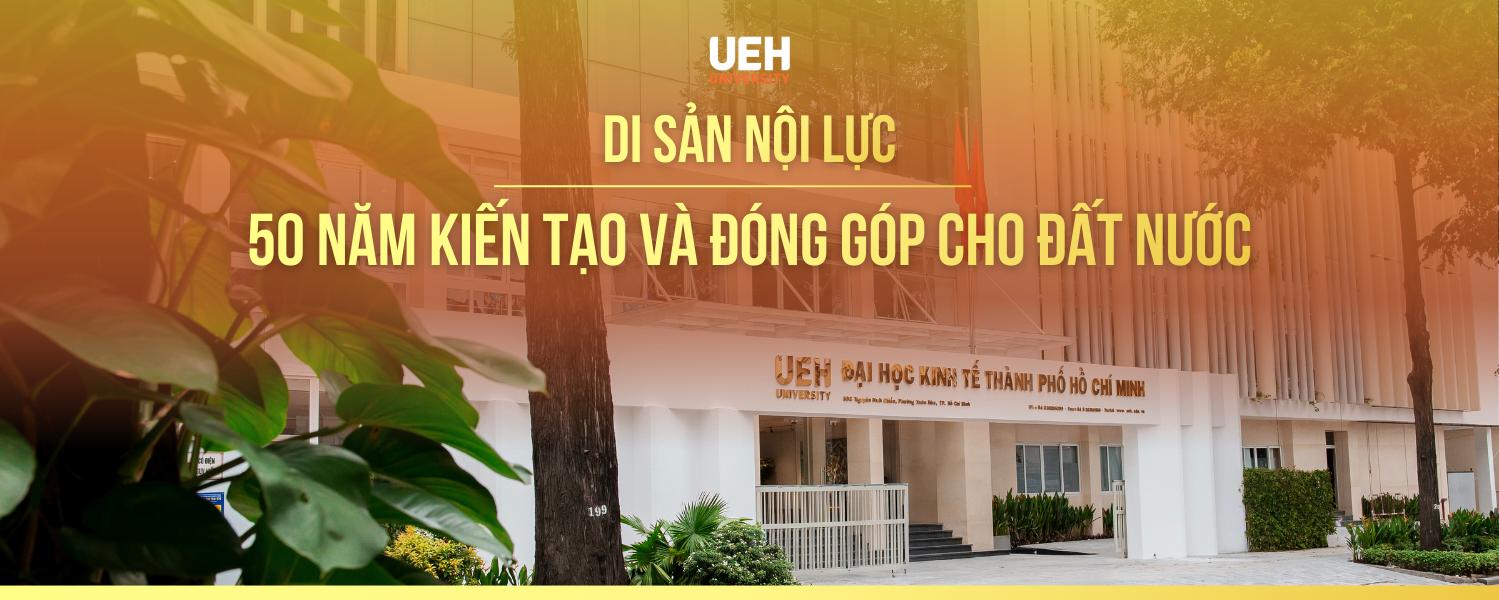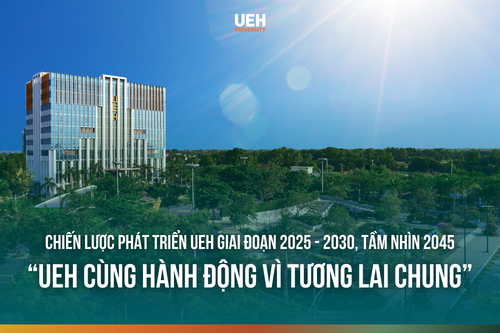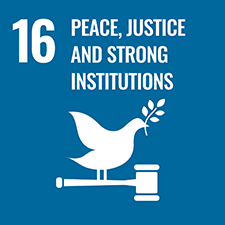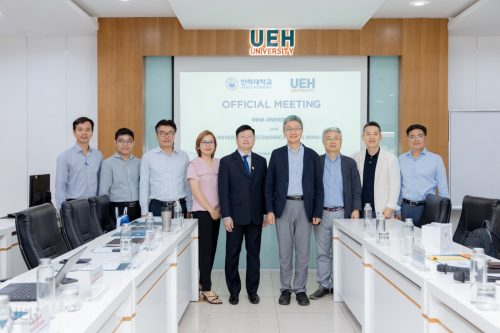
DS2S Networking Event 2025: Connecting Business – University, Shaping the Future of Higher Education in the Digital Age
17 Sep, 2025
From September 03–05, 2025, a delegation from University of Economics Ho Chi Minh City (UEH) attended the 2nd Regional Conference of the Digital Skills to Succeed in Asia Network (DS2S), co-organized by the Deutsche Gesellschaft für Internationale Zusammenarbeit (GIZ) and Leipzig University in Leipzig, Federal Republic of Germany. Under the theme “Innovating Together: Shaping Education in the Digital Age,” the event brought together 165 delegates from 25 countries, including leaders of universities and research institutes within the DS2S and iN4iN networks, global technology corporations such as HP, IBM, and CISCO, and international organizations including the OECD and DAAD. The conference served as a multidimensional networking space, fostering the exchange of ideas, collaboration models, and the expansion of sustainable linkages among education, enterprises, communities, and government.
Amid rapid shifts in the labor market, innovating teaching methods to enhance students’ digital capabilities and employability has become an urgent requirement. The Digital Skills to Succeed (DS2S) Project, commissioned by the German Federal Ministry for Economic Cooperation and Development (BMZ), supports strengthening digital skills for non-technology majors in Bangladesh, India, and Vietnam through collaboration among universities, enterprises, and government.
This year’s regional conference, hosted by Leipzig University, served as an international forum to share experiences and effective cooperation models between universities, businesses, and international organizations. With the support of networks such as Intelligence for Innovation (iN4iN) and the Living Labs model, the conference offered many insights on integrating digital skills and innovation into higher education.
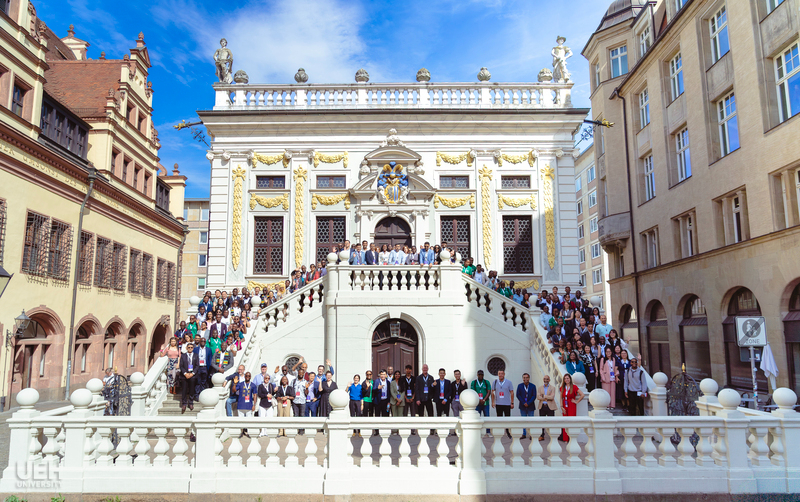
Conference delegates
Through panel discussions, thematic workshops, and hands-on activities, delegates collectively amplified the messages:
+ Inspire Change – Inspire innovation in teaching methods;
+ Integrate Knowledge – Bridge academic knowledge with business practice;
+ Innovate for the Future – Develop flexible, creative, future-oriented curricula.
A key highlight of the conference was the series of joint workshops by the two networks on Days 2 and 3; rather than showcasing isolated models, the event focused on how collaborative efforts – rooted in the local contexts of DS2S partner countries – can diffuse into sustainable progress in the digital era.
Day 1: Opening of the DS2S Regional Network Conference
The opening day centered on the vision, progress, and sustainability of DS2S as a platform advancing digital transformation in higher education.
+ Dialogue with business leaders: Executives from CISCO, HP, and IBM shared perspectives on aligning curricula with the continuously changing needs of the labor market, emphasizing the role of collaborative platforms in preparing students with digital skills.
+ Address from the OECD: Ms. Shizuka Kato – Policy Analyst on Skills and Lifelong Learning – affirmed the transformative role of micro-credentials in bridging skills gaps and promoting lifelong learning in the digital economy.
+ Policy and academic perspectives: Dr. Dang Van Huan – Deputy Director General, Department of Higher Education, Ministry of Education and Training of Vietnam – discussed Vietnam’s efforts to orient higher education in tandem with the national digital transformation strategy.
+ Signing of MoUs with HP, IBM, and CISCO to expand the Living Labs model in higher education, creating innovation centers aligned with real-world needs.
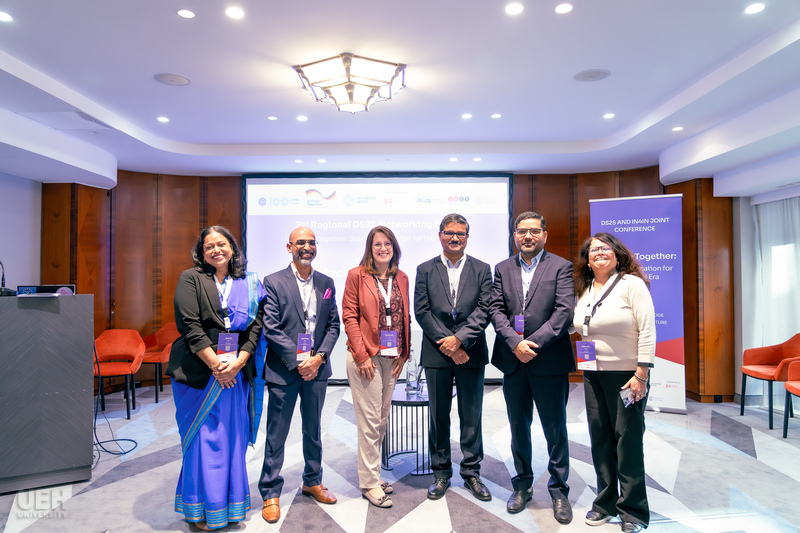
Signing ceremony between GIZ and technology corporations
The working day concluded with an open discussion session in which members of the DS2S Network reviewed achievements, identified remaining challenges, and proposed directions for future collaborative innovation.
Day 2: Action in University–Business Collaboration
The second working day focused on narrowing the gap between academia and industry through practical cooperation models. The program opened at Leipzig City Hall with welcoming remarks by Prof. Matthias Middell, Vice-Rector for Cooperation and Internationalization, Leipzig University.
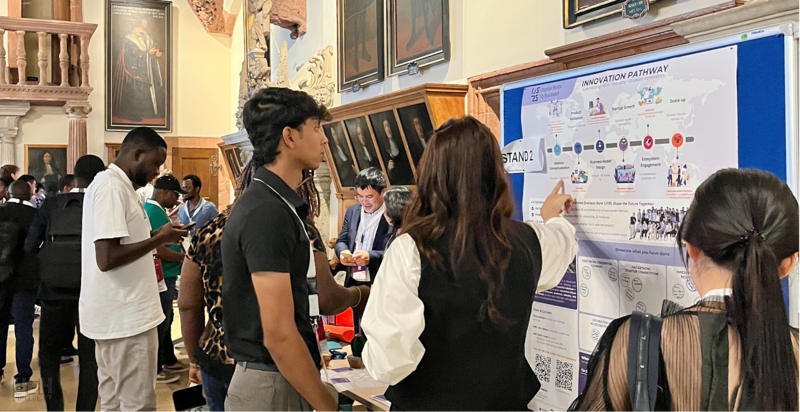
Introduction of the Innovation Pathway model: University and Entrepreneurship Ecosystem in Action at the Conference
At the conference, UEH introduced the model Innovation Pathway: University and Entrepreneurship Ecosystem in Action. This is an experiential learning pathway designed to develop students’ entrepreneurial and innovation capabilities, connecting activities such as competitions, sandboxes, incubation and acceleration programs, thereby forming a comprehensive ecosystem where students can turn ideas into viable startups with accompaniment from businesses and the community. Notably, Innovation Pathway is also a vital platform for UEH to build the FMC3 micro-credential – Digital Entrepreneurship under the DS2S Project, a course that has undergone pilot implementation and will officially launch at the end of September 2025 in three countries: Vietnam, India, and Bangladesh.
Alongside UEH’s presentation, international delegates shared exemplary cooperation models such as: International Logistics Hackathon (ENET’COM, Tunisia & KNUST, Ghana), ENORD Drone R&D Ecosystem (Jamia Millia University, India), Digital Narrative Design Incubator (Christ University, India), Service-Learning via the Global Talent Ignite program (Leipzig University, Germany), and Process Living Labs (Leipzig University, Germany).
In the afternoon, parallel workshops provided opportunities for delegates to directly experience collaboration models such as hackathons, service-learning, and living labs, with participation from CISCO and IBM. The second day concluded with a strategic discussion session, where members collectively shaped the future of university–industry collaboration for the period beyond 2026.
Day 3: Innovation in Teaching and Learning
The third day focused on innovation in higher education and the application of digital technologies in teaching. It opened with a keynote by Prof. Erik Wende (Leipzig University) on Digital Leadership, presenting a competency framework for future-ready organizations and emphasizing the crucial role of universities in training the next generation of digital leaders. Subsequently, universities from Vietnam, Bangladesh, India, and Germany shared innovative teaching models that offered valuable insights for integrating technology and new methods into instruction.
In the afternoon, hands-on workshops gave delegates direct experience, including: developing open educational resources (OER) with AI (Magdeburg University, Germany); gamification combined with design thinking (Leipzig University and Vietnamese-German University); generative AI tools supporting teaching–learning (AI Campus, Germany); and the EES model – Experience, Engagement, Satisfaction (Banaras Hindu University, India). Concluding the working day, a strategic dialogue identified next steps to scale pedagogical innovation through 2026 and beyond.
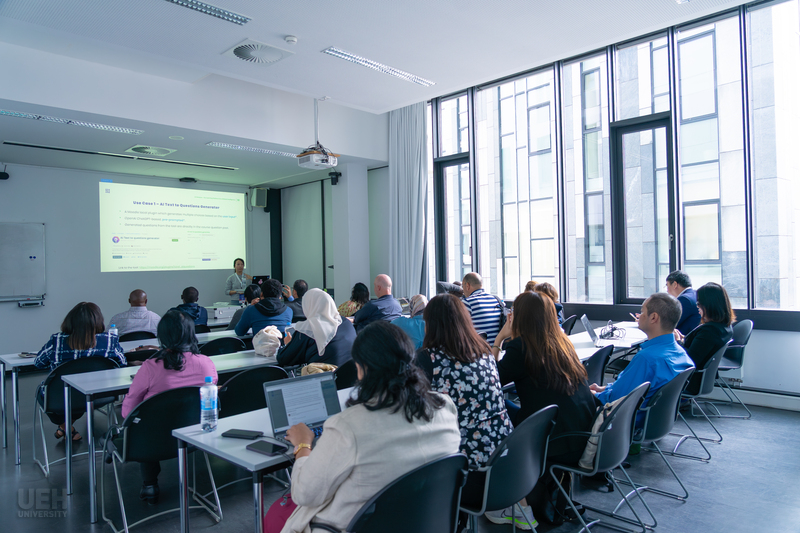
Workshop on generative AI tools supporting teaching and learning
In addition to workshops and dialogues, the program included visits to the Logistics Living Lab and Process Living Lab at Leipzig University. There, delegates experienced firsthand how technologies such as AI-based video analysis, motion tracking, and eye-tracking are applied to optimize supply chains, production processes, and enhance customer experience. This stands as evidence of the effectiveness of Living Labs in bridging classroom and enterprise, thereby not only improving student employability but also driving sustainable development.
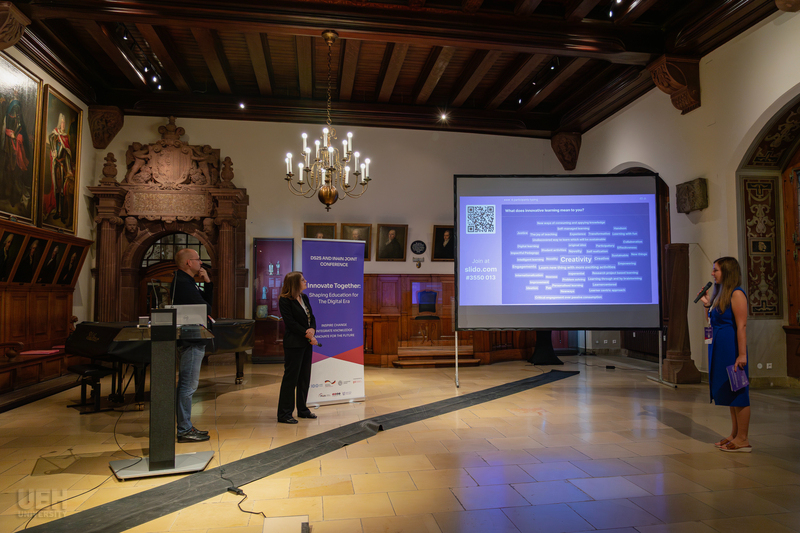
Discussion on innovation activities within the DS2S and iN4iN Networks
From the sessions of discussion and practical experience exchange, the conference reached consensus on four strategic directions for collaboration among DS2S Network members:
+ Expand Living Labs as innovation hubs where students, faculty, and businesses co-create solutions.
+ Implement micro-credential courses in higher education, enabling students and working professionals to continually update digital skills.
+ Promote project-based learning models that connect academic knowledge with the context and practical needs of businesses.
+ Innovate pedagogy through AI, gamification, and digital technologies to prepare students for the jobs of the future.
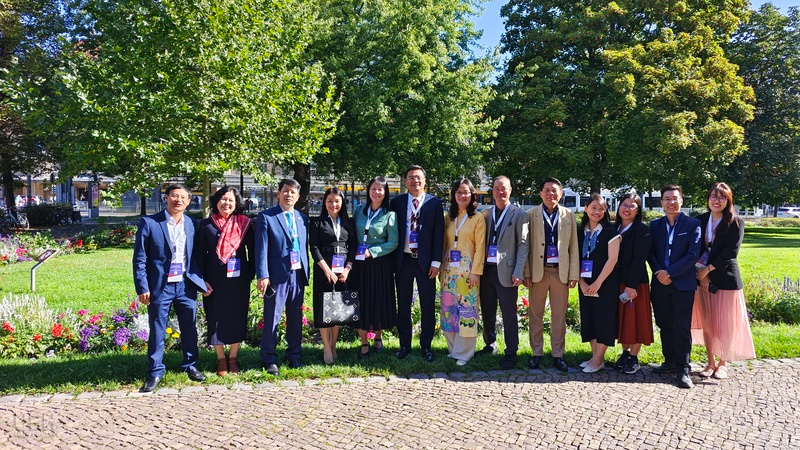
Vietnamese delegation attending the Conference
The DS2S Networking Event 2025 was not only an occasion to strengthen partnerships among UEH, GIZ, Leipzig University, iN4iN, and network members, but also affirmed a shared mission: university–business collaboration is the key to preparing human resources for the digital age. This is also UEH’s strategic orientation within its vision to become a leading multidisciplinary and sustainable university in Asia – where knowledge is disseminated, communities are connected, and enterprises accompany education, research, entrepreneurship, and innovation, contributing to the creation of a sustainable development ecosystem.
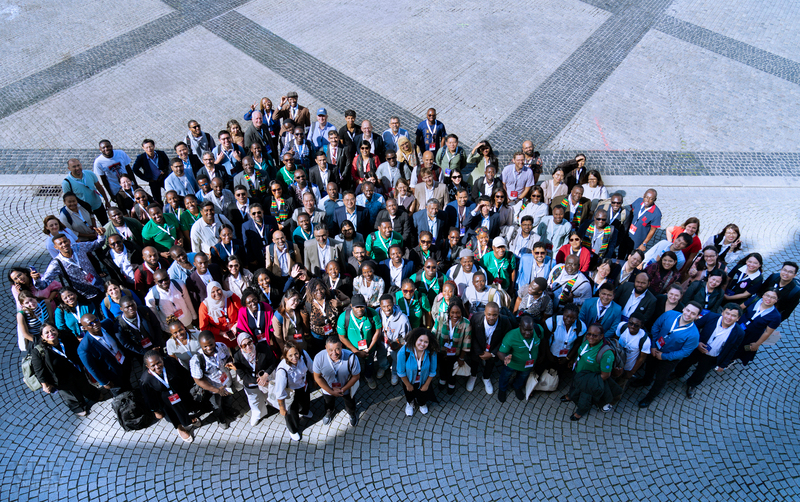
Keepsake photos at the Conference
Pillars: Training, Connect the Community
Project: UEH Connecting
News, photos: UEH Institute of Innovation, GIZ Vietnam




![[Research Contribution] The Intersection of Technology and Art: AI, AR, and Sustainable Fashion Shaping the Future of the Fashion Industry](/images/upload/thumbnail/ueh-thumbnail-639077000802720879.png)


![[Research Contribution] User Experience (UX) Design and Strategy for Immersive Technologies: Shaping the Future of Digital Environments](/images/upload/thumbnail/ueh-thumbnail-639076975430481973.png)
